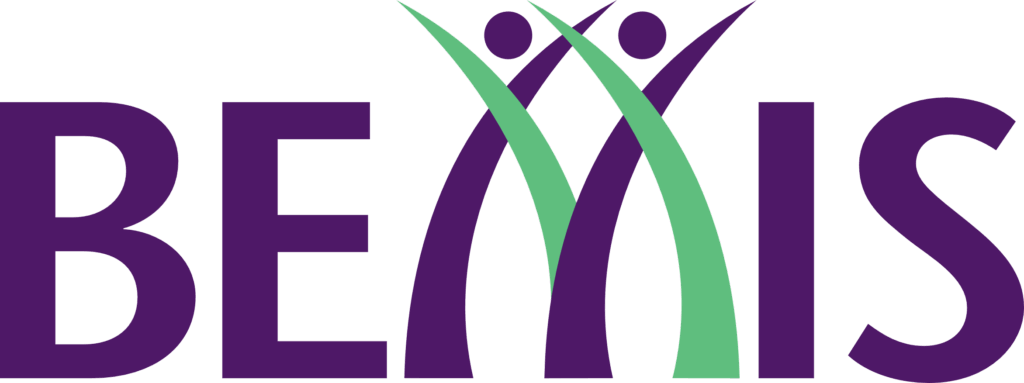
Scotland in 2015 has never been more diverse. The percentage of the population who now identify as coming from Ethnic and Cultural minority communities, i.e. all of those who identified as something other than ‘White Scottish’ in the Scottish Census of 2011 is a significant 16% of the national population (source).
The intervening period between the 2011 Scottish Census and 2015 is more likely to have seen an increase in diversity as opposed to a regress or stagnation. From these figures we can conclude that the need for equitable and informed policy decisions which affect our prospects, aspirations and future is even more apparent and necessary.
The social justice agenda in Scotland is underpinned by a desire to tackle the concerning number of our citizens who continue to reside in circumstances which make it challenging to fulfil our individual and community potential. Poverty and the modern phenomenon of ‘In work Poverty’ are circumstances which undermine and stifle the ability of our communities and citizens to fulfil their potential and advance our collective ambitions as a society.
We know from data sets including the ‘Scottish 2011 Census’ and ‘Scottish Index of Multiple Deprivation’ that diverse ethnic minority communities continue to reside disproportionally in widely recognised areas of multiple deprivation such as parts of our largest city, Glasgow (source).
However this is only part of the story, colleagues from organisations such as the Joseph Rowntree Foundation and the Equality and Human Rights Commission have portrayed a national picture which indicates that some ethnic and cultural minority communities also experience the effects of poverty in locations which are considered to be more affluent or prosperous.
This means that these communities may suffer multiple disadvantages, not only do they live in challenging socio and economic circumstances but the focus and direction of resources catered towards tackling these social issues is directed towards established areas of multiple deprivation and not those experiencing equal inequality in less visible circumstances.
In addition to this it is well established that diverse ethnic and cultural minority communities may experience additional barriers in engaging with or accessing statutory services or national schemes to progress employability.
For example, our equal opportunities and modern apprenticeships programme will look to address the gap in underrepresentation of ethnic minority citizens in this key pathway into sustainable employment.
Employment however is only one aspect of policy which affects diverse citizens. We must also take into consideration housing, income, social circles, environment, education, language, relationships and unknown elements which communities are best placed to articulate for themselves.
Over the coming 8 months in the spirit of progressing the social justice agenda and in conjunction with the Joseph Rowntree Foundation BEMIS Scotland will look to work with diverse communities across Scotland to identify and create pragmatic policy solutions which reflect the broad spectrum of needs inherent within our communities.
Glasgow is different to Aberdeen, Fife to Edinburgh and Lothian to Dundee. Within these communities the needs and circumstances of the African community may differ to the Polish experience. Scottish citizens of Pakistani origin, multi-generational and dispersed across Scotland may have certain unique circumstances and needs independent to the Bangladeshi, Irish, Indian, Afghan, Gypsy Traveller, Nepalese or Azerbaijabi. In short, the diversity of diversity inherent within our multi-faceted mosaic of communities requires informed and equitable local and national policy responses.
We believe that your community has an important voice in this programme. Over the next 8 months we will be engaging with partners across the voluntary, public and private sectors and within diverse communities to inform the debate and experience of minority communities.
If you would like to participate or find out more about this programme then please contact our Parliamentary and Policy Officer – Danny Boyle. Danny.boyle@bemis.org.uk
